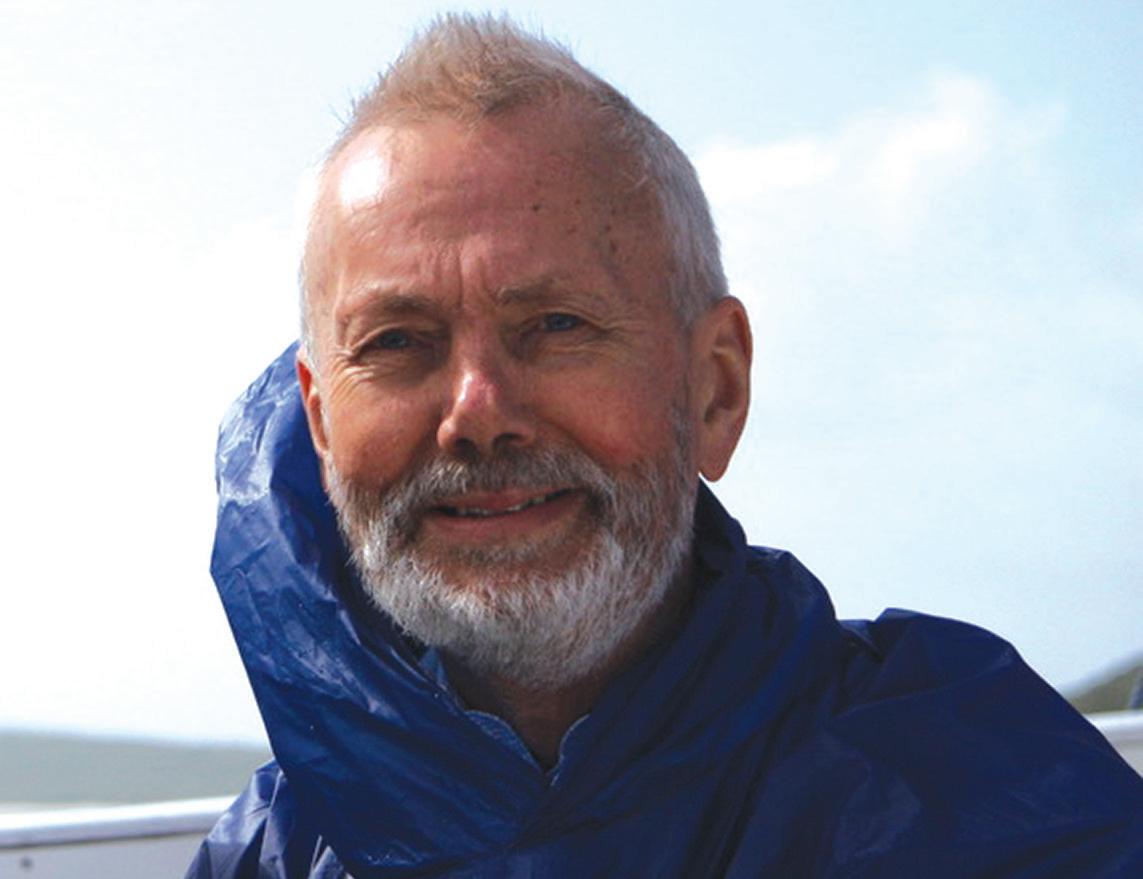
1 minute read
Noticeboard
Recognition and awards
Emeritus Professor Sir Alan Fersht has been named as the 2020 winner of the world’s oldest scientific prize, the Royal Society’s prestigious Copley Medal., for the development and application of methods to describe protein folding pathways at atomic resolution, revolutionising our understanding of these prizes.
Professor Clare Grey has been awarded the 2020 Royal Society Hughes Medal and the 2020 Richard R. Ernst Prize in Magnetic Resonance.
The Hughes medal is awarded to an outstanding researcher in the field of energy. The Ernst Prize was given for Grey’s contributions to the use of solid state nuclear magnetic resonance (NMR) methods to study paramagnetic materials.
Professor Christopher Hunter has been awarded the Royal Society of Chemistry 2020 Supramolecular Chemistry Award for his pioneering work in the field.
Professor Angelos Michaelides has been awarded the Royal Society of Chemistry 2020 Surfaces and Interfaces award for his outstanding contributions towards the understanding of complex aqueous interfaces and the formation of ice at such interfaces.
Emeritus Professor Daan Frenkel has been awarded the European Physical Liquid Matter Prize, considered one of Europe’s most prestigious prizes in the field of condensed matter physics. The prize, which is only given every three years, was instituted in 1988 to reward outstanding achievements in this area of physics.
Dr Pietro Sormanni, who was a Borysiewicz Fellow in the Centre for Misfolding Diseases, has been awarded a Royal Society University Research Fellowship to establish his own research group.
Nathan Pitt
Gabriella Bocchetti
Nathan Pitt
Nathan Pitt
Welcome
Professor Franklin Aigbirhio, an affiliated member of staff with several active collaborations in the Department, whose research in the Department of Clinical Neurosciences is in molecular imaging, with a particular focus on PET.
Dr Rosana Collepardo, a Winton Advanced Research Fellow and a joint appointment with the Department of Genetics. Her work focuses on the development of multiscale modelling approaches to the packing of biomolecules in cells.
Dr Chiara Giorio, an atmospheric chemist whose work involves combining field measurements and laboratory experiments to understand the evolution of particles in the atmosphere and assess their effects on climate and public health.
Professor Angelos Michaelides, our new 1968 Professor of Theoretical Chemistry, whose work focuses on computer simulations of catalytic and environmental interfaces.










